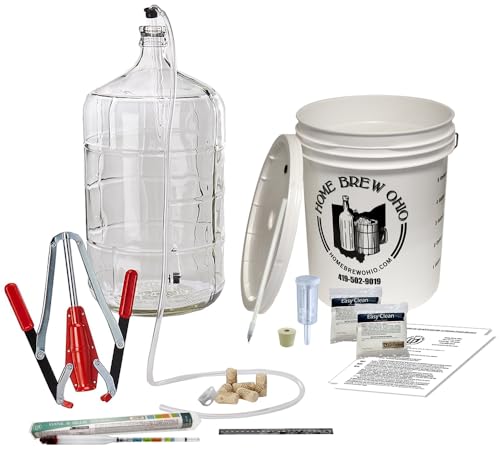- Joined
- Nov 12, 2005
- Messages
- 15,188
- Reaction score
- 1,213
[George announded this in his last newsletter ....
http://www.finevinewines.com/July_2008.htm#LETTER.BLOCK23
I think they had to close because of a labor shortage. Maybe they could reopen in the US Southwest where the labor supply now is.....

Seriously, we will all just need to adjust our practices to compensate for the loss of a supplier. I was considering buying another 40 6 gallon carboys to increase production from the grape harvest this fall. Now I think I will consider going to a few larger vessels or a mixture of my present glass and some Better Bottles.
http://www.finevinewines.com/July_2008.htm#LETTER.BLOCK23
I think they had to close because of a labor shortage. Maybe they could reopen in the US Southwest where the labor supply now is.....

Seriously, we will all just need to adjust our practices to compensate for the loss of a supplier. I was considering buying another 40 6 gallon carboys to increase production from the grape harvest this fall. Now I think I will consider going to a few larger vessels or a mixture of my present glass and some Better Bottles.


























































